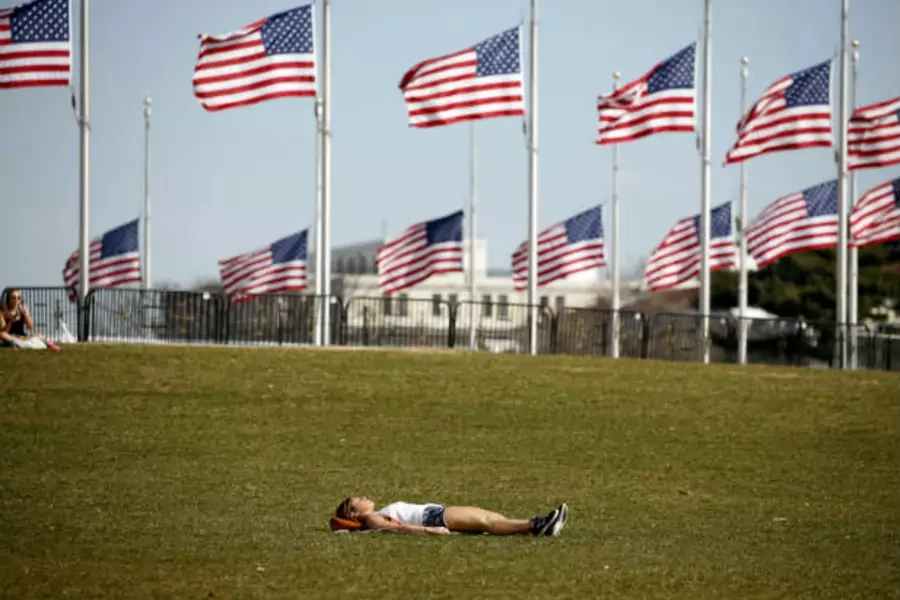What Happens to a Feminist Dream Deferred?

More on:
The week after Hillary Clinton failed to shatter that “highest and hardest glass ceiling,” I attended a conference honoring feminist theorist Catharine MacKinnon, who pointedly noted that the American presidential election is one in which “when a woman wins, she doesn’t really win, because of a system she had no voice in designing.” Only a month earlier, United Nations representatives passed over women candidates in favor of a man, António Guterres, to be the next secretary general—by all accounts, a strong choice—despite a global campaign for a woman to be named UN chief.
There are many reasons to lament these recent setbacks for women leaders, but an overlooked one is that more women in positions of global leadership could strengthen peace and prosperity for us all. That’s not necessarily because women are inherently more peaceful or thrifty—after all, there are numerous counter-examples like Margaret Thatcher—but because the experience of sex discrimination provides women with distinct social roles and perspectives. Experiential differences prompt individuals—regardless of their gender—to bring new sources of information to decision-making that might otherwise be missed. It’s critical to include representatives of groups that have been historically excluded from power, not only as a matter of human dignity but also to improve decision-making processes, the resulting decisions, and the legitimacy of the system as a whole.
In matters of war and peace, for example, research suggests women’s participation in peace negotiations is correlated with more durable armistices. Traditionally, negotiations are dominated by prior combatants in conflicts—usually, that means men. Because women in most countries are barred from combat (including in the United States, until Obama lifted the ban), women often experience war differently. Civilian women bring different perspectives to the table than combatant men. Rather than focus exclusively on the traditional “negative” conception of peace (merely ending armed conflict), women tend to also be concerned with “positive” peace (establishing institutional structures that affirmatively promote peace). This prompts women to bring forward social-justice concerns, which help sustain peace over the long run.
View full text of article, originally published in The Nation.
More on:
 Online Store
Online Store